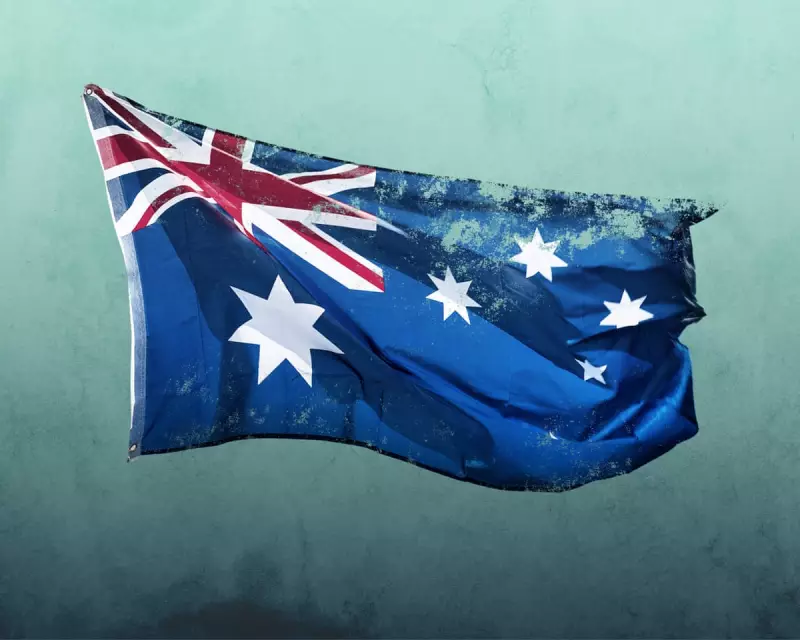
A dark and familiar spectre is haunting Australia, but it is now wearing a frightening new face. The nation's long and troubled history with racist violence is entering a dangerous new phase, as emboldened neo-Nazi groups organise with unprecedented sophistication and brazenness.
Where once such extremism operated in the shadows, today's groups march in unison through city streets, their faces often uncovered, their salutes deliberate and public. This isn't the isolated bigotry of past decades; it is a networked, ideologically driven movement drawing inspiration from global far-right playbooks.
A Legacy of Hate, A New Era of Organisation
Experts monitoring these groups point to a significant evolution in their tactics and reach. They are no longer fragmented cells but part of a coordinated international ecosystem, sharing propaganda, recruitment strategies, and a unified white supremacist ideology.
This modern incarnation leverages technology to its advantage, using encrypted channels to organise and social media platforms to spread hateful rhetoric and recruit disaffected young men, often radicalising them with alarming speed.
Communities Under Siege
The human cost of this emboldenment is felt most acutely by minority communities. Jewish, Muslim, and multicultural groups report a palpable rise in fear, describing a climate where public displays of hatred are becoming normalised.
Incidents range from verbal abuse and threats to the vandalism of places of worship and physical assaults. The message from the extremists is clear: you are not safe here.
A Law Enforcement Challenge
Authorities are grappling with the scale of the challenge. While Australia has laws against hate speech and vilification, the rapidly adapting nature of these groups presents a persistent problem.
Counter-terrorism resources, once focused primarily on religiously motivated extremism, are now increasingly diverted to tackle the violent threat posed by the far-right. The question of how to effectively combat this ideology without giving it the oxygen of publicity remains a central dilemma for policymakers and police.
The rise of these emboldened neo-Nazi groups represents a critical test for Australian society. It is a test of its commitment to multiculturalism, the strength of its institutions, and its resolve to confront a frightening new spectre of home-grown hatred.





